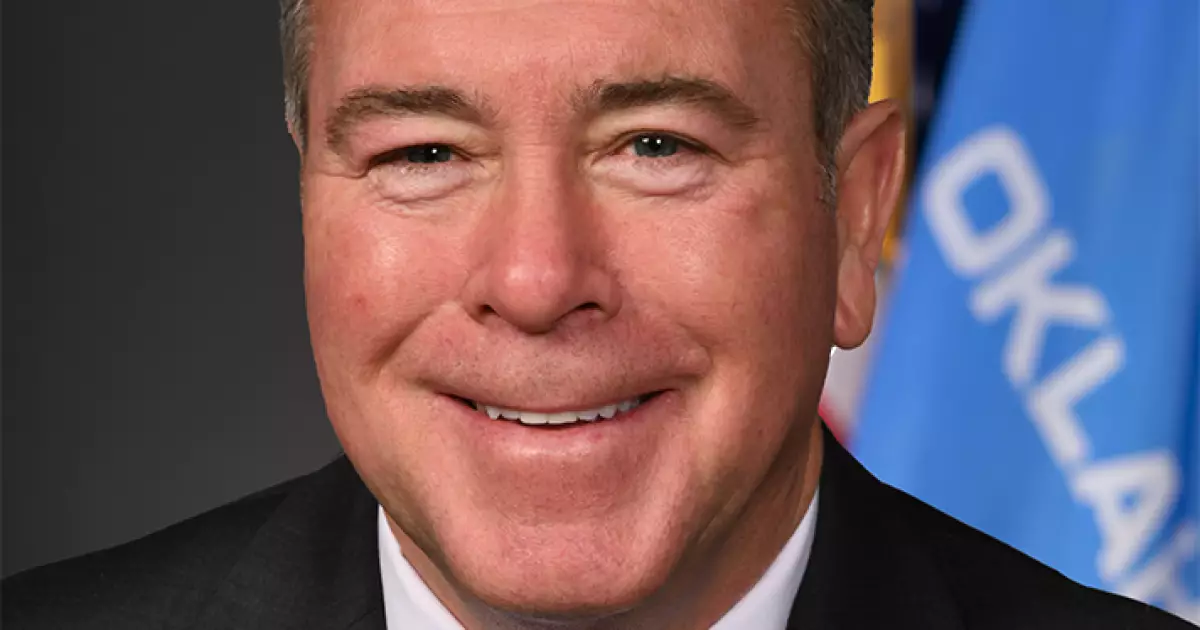Recently, Oklahoma State Treasurer Todd Russ announced that Barclays has been added to the list of investment banks deemed to be “boycotting” the fossil fuel industry, making them ineligible for state and local government contracts. This decision comes as part of the state’s 2022 Energy Discrimination Elimination Act, which aims to hold companies accountable for targeting Oklahoma’s industry and jobs. With the addition of Barclays, the list now includes major financial institutions such as Bank of America, JP Morgan, and Wells Fargo.
Barclays was singled out for their direct financial boycotts of energy groups, particularly coal mining and power companies. According to a statement released by State Treasurer Todd Russ, Barclays announced that they would no longer provide project finance or other direct finance to energy companies for new upstream oil and gas projects or related infrastructure starting in 2024. Furthermore, Barclays expects all energy groups to produce transition plans and decarbonization strategies by January 2025, which go beyond the requirements set by Oklahoma.
The addition of Barclays to the list of boycotting investment banks has raised concerns about the potential economic impact on Oklahoma. A study released last month revealed that the state’s law has increased municipalities’ borrowing costs by 59 basis points on average. Despite efforts to limit the law’s application to state agencies only, Senate Bill 1510 faced challenges in the state legislature. While the bill passed the Senate with a 42-1 vote in February, it failed to pass in the House with a 40-44 vote on April 25.
Barclays’ Response and Controversy
Barclays has chosen not to comment on their inclusion in Oklahoma’s list of boycotting investment banks. However, this is not the first instance of Barclays facing repercussions for their actions related to the energy sector. Earlier this year, the bank was banned in Texas under a similar law enacted in 2021. The controversy surrounding Barclays’ financial decisions highlights the growing concern over the role of financial institutions in supporting or boycotting certain industries.
The addition of Barclays to Oklahoma’s list of investment banks boycotting the fossil fuel industry signals a significant step in holding financial institutions accountable for their actions. As the state continues to navigate the impact of these decisions on its economy, the debate over the role of banks in shaping industries and supporting sustainability measures will likely grow in importance.

